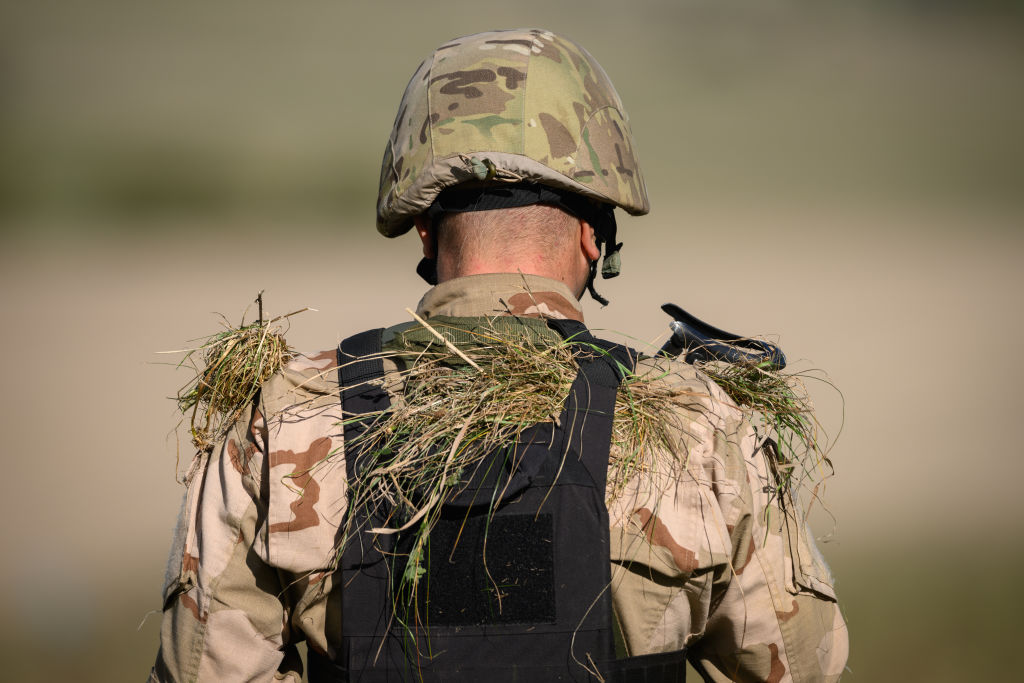Is Britain ready to fight tomorrow’s wars? ‘Ish,’ answers James Heappey, the armed forces minister. Britain’s military is in an okay state, he says. But we need to spend more money on ammunition, medics and logistics systems. Our high-tech kit, the kind that helps us wage electronic warfare and collect data on our enemy’s positions, needs to be better connected with what our soldiers on the ground are doing.
Liam Fox, the Tory MP and former defence secretary, is scathing about how we identify threats. ‘We have to stop substituting wishful thinking for critical analysis’, he says, to approving murmurs from the audience at Tory party conference. Fox asks us to remember the 2007 Munich Security Conference, where Putin laid out a ‘strange’ vision for how he saw the world.
‘No one feels that international law is a stone wall that will protect them. Of course, it stimulates an arms race’, the Russian President said then. A year later, Russia invaded Georgia. Six years after that, Ukraine. And now, Ukraine again. If we took what Putin said in 2007 seriously, Fox thinks, we could have seen this coming. It was a ‘serial failure of us to accept the realities of where we were.’
Heappey agrees with Fox’s critique. He thinks the 2021 Integrated Review put too much emphasis on state-on-state conflict. The review made a dangerous assumption: that wars against extremism could be a thing of the past. Just look at Africa, where jihadists are ‘on the march’, to see why this view is mistaken, he says: clearly, extremism is still a serious threat. He’s right. French soldiers recently abandoned a decade-long campaign in Mali, where they were fighting Islamist rebels. There was a coup in Burkina Faso this week, after a faction of the military decided that the ruling junta was losing its long-standing struggle against jihadist insurgents.
But even if we knew what the threats were, the panel says Britain’s military isn’t yet ready to counter them. Michael Clarke, who was director general of the Royal United Services Institute, a think tank, until 2015, says that in some areas our armed forces fall ‘below the level of strategic capability’. This means they cannot complete their military objectives. That’s a serious flaw.
Heappey appears to agree. He says we need more investment in the less exciting but vital areas of our military, such as logistics. After all, what good are more soldiers, planes and tanks, if they’re in the wrong place? Louis Mosley, who heads up Palantir in the UK, which sponsored The Spectator conference event, says we need to do even more work to make sure these systems, often each using different platforms, work together properly.
It all sounds, at least, quite well thought out. Heappey bluntly says that we have ‘a decent set of armed forces’, and the panel is exact in its prescriptions to make them better. Let’s hope they’re right.






Comments